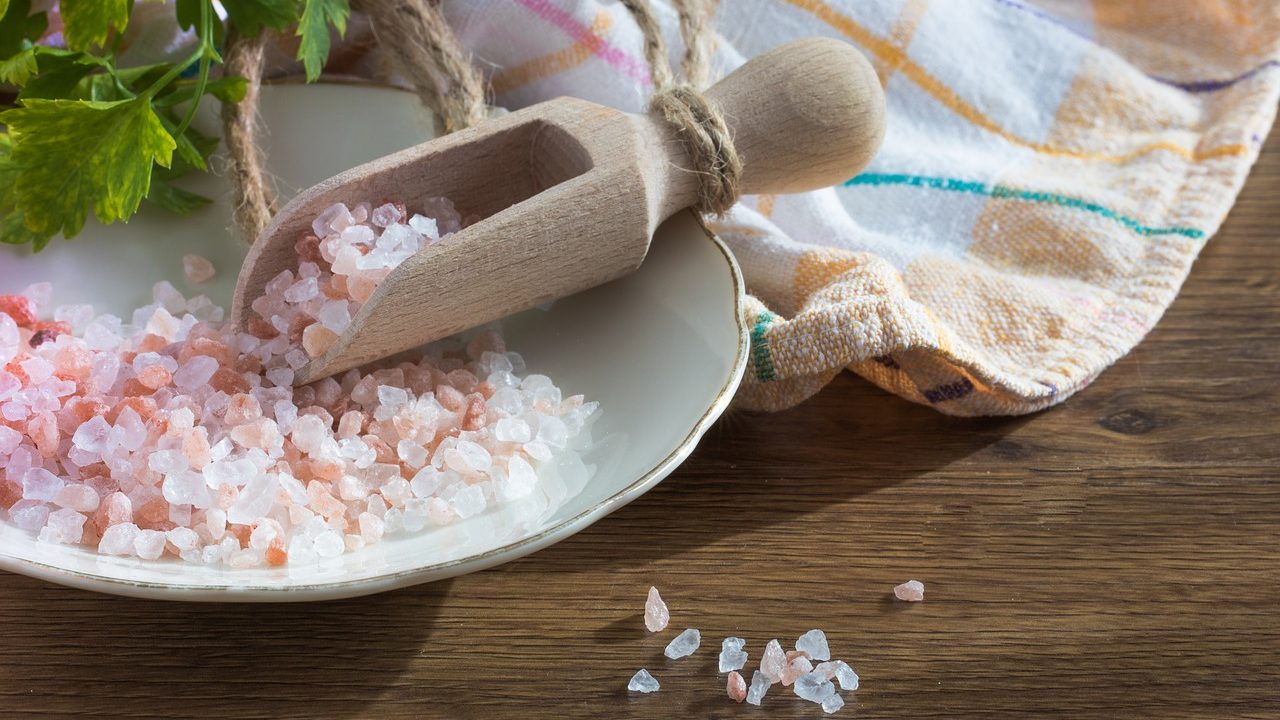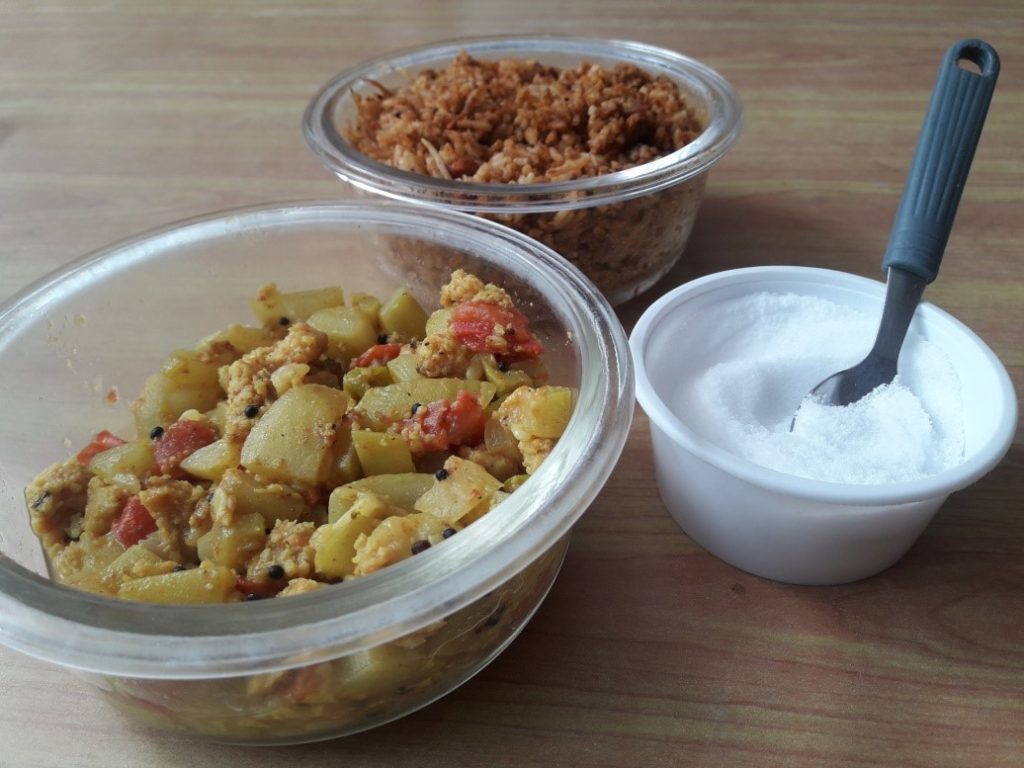
Salt Intake Still High in Most Developing Countries
- News
- 1.2K
A new study has found that Indians, on an average, consumed almost 10 gm of salt per day, which is double the World Health Organization (WHO)’s recommendation of maximum five grams per day. The high consumption is despite several measures launched in recent years to create public awareness of the ill effects of consuming excess salt.

About 10 years ago, a worldwide study was conducted to find out the global burden of various diseases and it had found that one of the major problems was the high level of salt consumption. Consequently, several campaigns were launched across the world to get people to reduce their salt usage.
The new study is in the form of a follow up to assess the success of the initiatives. The team of scientists from India, Australia, Canada, and New Zealand put together the latest data from 13 countries from out of the 187 countries covered earlier. They found that healthy adults in six out of the 13 countries continue to take as much if not more salt as they did a decade back.
While people from developing countries, including India, continue to have a higher salt intake, those in developed countries have made conscious efforts to reduce their daily salt intake by changing the ingredients in foods they consumed to make them healthier.
“There is an urgent need for national level strategies and effective salt reduction policies to achieve the global target of a 30% reduction in mean population salt intake by 2025,” said Sudhir Raj Thout, Research Fellow at the George Institute for Global Health India and a member of the team. The study results have been published in the Journal of Clinical Hypertension.
The researchers also noted that only 13 countries had the data and said that this was highly disturbing as it showed a lack of concern or will to address an important issue to prevent diseases. Almost 1.65 million deaths every year are due to heart disease caused by consuming more than 5 grams of salt per day.
The data from India covered various sections of society including urban areas and rural communities in both North and South India. The high salt consumption in the country could be because people prefer spicy foods such as pickles that have high salt content as a preservative.
If you liked this article, then please subscribe to our YouTube Channel for the latest Science & Tech news. You can also find us on Twitter & Facebook.


